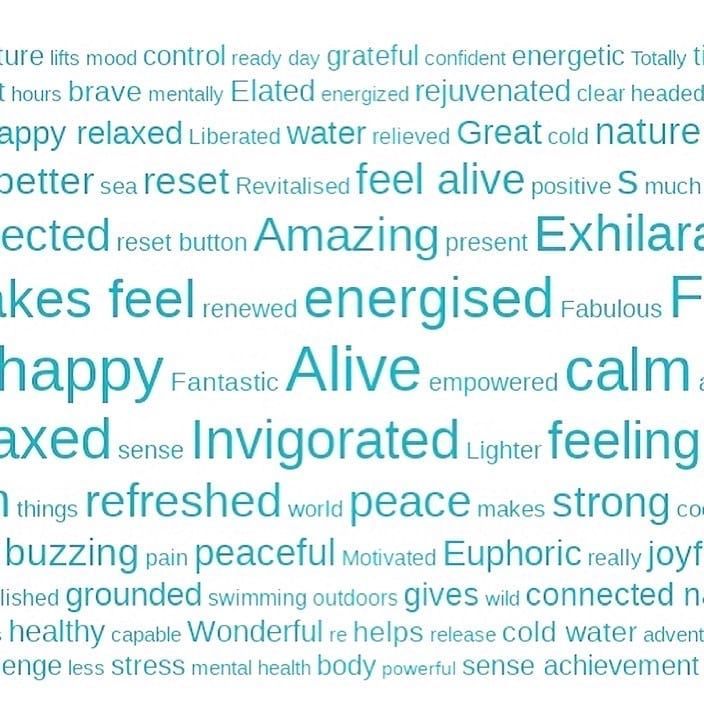I enjoy the sense of peace that comes with swimming outdoors. I find that I have to really concentrate on my breathing, which in turn helps to slow down my thoughts. — Dr Laura Cawley
A growing trend among women
As both an experienced cold water swimmer and menopause specialist, I was keen to explore the relationship between outdoor swimming and menopausal symptoms. Having swum outdoors for nearly 15 years, I've noticed a significant surge in participants at my training venues in recent years, with an interesting demographic shift — the majority being women in their 40s and upwards.
The survey: demographics and response
In 2021, I conducted a survey to investigate this phenomenon further. I posted a link containing nine questions on two Facebook groups: a local Sheffield open water swimming group and the 'Outdoor Swimming Society' group, which currently has 110.2k members.
The response was overwhelming — 1,124 women participated before I had to close the survey due to platform charges from the high volume of responses. The majority of respondents were between 46-55 years old, with the overall age range spanning 40-60 years, and 8% being over 60.
When asked 'How would you sum up, in a few words or a sentence, how swimming outdoors makes you feel', the responses created this word cloud:

Mental health and menopause relief
The survey revealed that most participants swim primarily 'for their mental health'. When asked which menopausal symptoms were best relieved by open water swimming, the top three responses from the twenty-three listed symptoms were:
- Feeling tense or nervous
- Feeling tired or lacking in energy
- Feeling unhappy or depressed
While there are currently no scientific studies proving that cold water swimming cures specific illnesses — and claims about it 'curing depression' remain unsubstantiated — there is substantial anecdotal evidence, including questionnaires like mine, demonstrating significant benefits from outdoor swimming, particularly in cold water.
The appeal is multifaceted: there's a sense of community, physical exercise, and personal challenge. The post-swim ritual of warming up with a hot drink and something to eat while chatting with fellow swimmers adds to the experience. Personally, I cherish the peace that comes with outdoor swimming — the need to focus on breathing naturally quietens my thoughts.
Safety first
Many of my patients share my enthusiasm for swimming. If you're interested but haven't tried it yet, I encourage you to find your nearest group. However, remember two crucial safety rules: never swim alone and never jump into cold water. The best approach is to begin in summer when temperatures are warmer and gradually acclimatise as the months grow colder.
Professional support for menopause
While outdoor swimming can be a beneficial complementary activity for managing menopausal symptoms, it's important to have comprehensive support during this time. Having witnessed both the challenges and triumphs of my patients who combine various approaches to managing their symptoms, I understand the importance of personalised care.
Knowing which doctor to consult for menopause can be invaluable in deciding how best to treat your symptoms. At Menopause Care, our team of highly experienced menopause doctors and nurses can discuss all available options — from lifestyle changes like cold water swimming to medical treatments — and develop a personalised treatment plan based on your unique circumstances.
To explore the approaches that might work best for you, book a consultation with our team.




